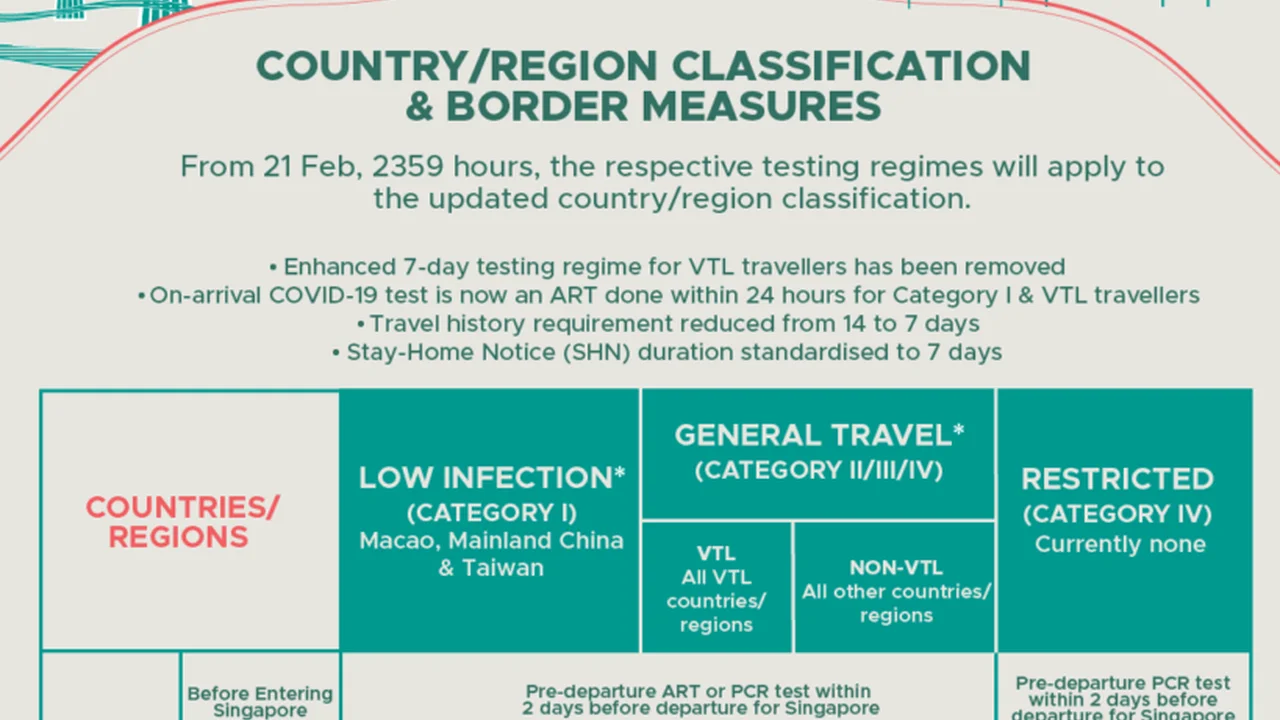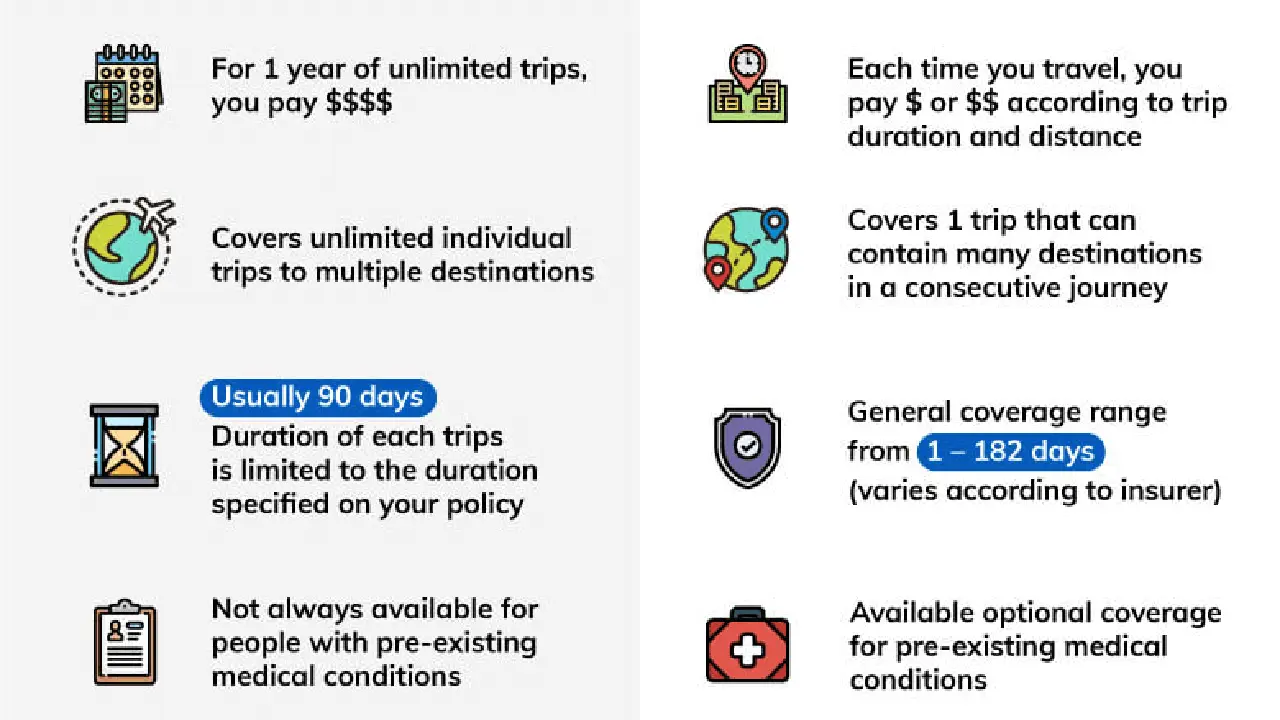Travel Policy and Advance Booking Requirements
The benefits of mandating advance bookings in your travel policy for significant cost savings on flights and accommodation.

The benefits of mandating advance bookings in your travel policy for significant cost savings on flights and accommodation.
Travel Policy and Advance Booking Requirements
Unlocking Savings The Power of Advance Booking in Travel Policies
Hey there, business travelers and finance folks! Let's talk about something that can seriously move the needle on your company's travel budget: advance booking requirements. It might sound like a small detail, but trust me, mandating that employees book their flights and hotels well in advance can lead to some pretty significant savings. We're not just talking about a few bucks here and there; we're talking about potentially thousands, even tens of thousands, of dollars over the course of a year, especially for companies with frequent travelers.
Think about it: last-minute bookings are almost always more expensive. Airlines and hotels use dynamic pricing models, and as demand increases closer to the travel date, so do the prices. By baking advance booking into your travel policy, you're essentially forcing your team to tap into those lower, early-bird rates. It's a simple concept, but its impact on your bottom line can be profound. Plus, it brings a level of predictability to your travel spend, making budgeting a whole lot easier.
Why Advance Booking is Your Travel Policy's Best Friend Cost Efficiency and Budget Predictability
So, why is advance booking such a big deal for cost efficiency? It boils down to supply and demand. Airlines release a certain number of seats at various price points. The cheapest seats are usually available furthest out from the departure date. As those seats sell, the price goes up. The same principle applies to hotels. Rooms are often cheaper when booked months in advance, especially during peak seasons or for popular events. By requiring employees to book, say, 14 or 21 days out, you're ensuring they're accessing those lower fare buckets and room rates.
Beyond just lower prices, advance booking brings a fantastic level of budget predictability. When you know trips are being booked weeks or months ahead, you can forecast your travel expenses with much greater accuracy. This helps finance departments allocate resources more effectively and avoids those nasty surprises of unexpected, high-cost last-minute trips. It also gives travel managers more time to find the best deals, compare options, and even negotiate better rates with preferred vendors.
Setting the Standard Defining Your Travel Policy's Advance Booking Window
Okay, so you're convinced advance booking is the way to go. But what's the magic number? How far in advance should you require bookings? There's no one-size-fits-all answer, as it depends on your company's travel patterns, industry, and typical destinations. However, common advance booking windows include:
- 7 Days: This is a good starting point for companies with frequent, short-notice domestic travel. It offers some savings without being overly restrictive.
- 14 Days: A very popular choice, especially for domestic flights and hotels. It often unlocks a significant percentage of savings compared to last-minute bookings.
- 21 Days: Ideal for more substantial savings, particularly on domestic flights and for popular hotel destinations.
- 30 Days or More: Highly recommended for international travel, peak season bookings, or travel to major conferences/events. The further out you book international flights, the better the chances of securing competitive rates.
Your policy should clearly state the minimum advance booking period for different types of travel (e.g., domestic flights, international flights, hotels). You might also want to include exceptions for genuine emergencies or unavoidable last-minute business needs, but make sure these exceptions require higher-level approval to prevent abuse.
Tools of the Trade Technology Solutions for Enforcing Advance Booking
Manually enforcing advance booking can be a nightmare, especially for larger organizations. This is where technology steps in to be your best friend. Modern travel management platforms and online booking tools (OBTs) are designed to automate and enforce your travel policy, including advance booking requirements. Here are a few types of tools and specific products that can help:
Online Booking Tools OBTs for Policy Compliance
These are the bread and butter of corporate travel. OBTs allow employees to search for and book flights, hotels, and rental cars within your company's negotiated rates and policy guidelines. They can be configured to flag or block bookings that don't meet your advance booking window.
- SAP Concur Travel: A comprehensive travel and expense management solution. Concur allows you to set up detailed policy rules, including advance booking requirements. If an employee tries to book outside the window, it can either flag it for manager approval or prevent the booking altogether. It integrates seamlessly with expense reporting.
- TripActions (now Navan): Known for its user-friendly interface and AI-powered recommendations. Navan's policy engine is robust, allowing companies to enforce advance booking with clear alerts and approval workflows. It also provides real-time data on policy adherence.
- Egencia (an Expedia Group company): Offers a global platform for business travel. Egencia's policy settings are highly customizable, enabling you to define specific advance booking rules by travel type, destination, or even traveler group. It provides strong reporting on policy compliance.
- TravelPerk: A popular choice for its flexibility and 24/7 support. TravelPerk allows you to set up custom policies, including advance booking, and provides a smooth booking experience. It also offers a 'FlexiPerk' option for refundable bookings, which can be useful for last-minute changes, though it comes at a premium.
Typical Pricing: These platforms usually operate on a subscription model, often with a per-user or per-transaction fee. Pricing can range from $5-$20 per user per month, or a percentage of total travel spend, depending on the features and volume. Enterprise-level solutions will have custom pricing.
Travel Management Companies TMCs with Policy Enforcement
If you prefer a more hands-on approach with human support, a TMC can manage your travel program and enforce your policies. They use their own proprietary or third-party systems to ensure compliance.
- American Express Global Business Travel (Amex GBT): A giant in the TMC space, Amex GBT offers comprehensive travel management services, including policy enforcement. Their travel counselors are trained to guide employees towards policy-compliant bookings, and their technology platforms support advance booking rules.
- BCD Travel: Another leading global TMC, BCD Travel provides tailored solutions for businesses of all sizes. Their technology and agents work in tandem to ensure adherence to your advance booking policy, providing reporting and insights into compliance rates.
Typical Pricing: TMCs often charge a service fee per transaction (e.g., $25-$50 per flight booking) or a management fee based on your total travel spend. Some offer hybrid models.
Expense Management Systems with Pre-Approval Workflows
While not directly booking tools, expense management systems with robust pre-approval features can act as a secondary layer of enforcement for advance booking. Employees might need to get pre-approval for a trip, and the system can check if the booking adheres to the advance window.
- Expensify: While primarily an expense reporting tool, Expensify offers pre-approval workflows. You can set up rules that require approval for trips not booked within the policy's advance window.
- Rydoo: Similar to Expensify, Rydoo focuses on expense management but includes pre-approval features that can be configured to support advance booking policies.
Typical Pricing: Expense management systems typically charge a per-user per-month fee, ranging from $5-$15 per user, depending on features.
Real World Scenarios How Advance Booking Plays Out
Let's look at some practical examples of how advance booking requirements can make a difference:
Scenario 1 The Last Minute Sales Trip
Imagine a sales rep needs to fly from New York to San Francisco for an urgent client meeting. If your policy has a 14-day advance booking requirement, and they try to book 3 days out, the OBT will flag it. This triggers an approval workflow to their manager. The manager can then decide if the urgency justifies the higher cost. This process ensures that last-minute, expensive bookings are not made without proper oversight and justification.
Scenario 2 The International Conference
Your marketing team is attending a major international conference in London. If your policy mandates 30-day advance booking for international travel, employees will be prompted to book their flights and accommodation well in advance. This not only secures better rates but also ensures availability, especially for popular hotels near the conference venue. Without this policy, employees might procrastinate, leading to significantly higher costs and limited options.
Scenario 3 The Regular Business Commute
For employees who regularly travel between two company offices, an advance booking policy can standardize their travel costs. If they know they need to book 7 days in advance, they'll get into the habit, and your company will consistently benefit from lower fares on these routine trips.
Overcoming Challenges and Ensuring Smooth Implementation
Implementing an advance booking policy isn't without its challenges. Employees might push back, citing unforeseen circumstances or the need for flexibility. Here's how to address these concerns and ensure smooth implementation:
Communication is Key Educating Your Workforce
Don't just drop the policy on your employees. Explain the 'why.' Communicate the benefits to them (e.g., better flight times, preferred hotels, less stress from last-minute scrambling) and to the company (cost savings that can be reinvested). Provide clear guidelines and training on how to use the booking tools.
Define Clear Exception Processes
Life happens, and sometimes last-minute travel is unavoidable. Establish a clear, easy-to-understand exception process. This usually involves manager approval, and perhaps a higher-level approval for very expensive last-minute trips. Make sure employees know who to contact and what information is needed for an exception.
Monitor and Report on Compliance
Use your travel management platform's reporting features to track compliance with your advance booking policy. Share these reports with department heads and senior management. Seeing the actual savings achieved through compliance can be a powerful motivator.
Regularly Review and Adjust
Your travel patterns might change, or market conditions could shift. Periodically review your advance booking windows. Are they still effective? Are they too restrictive? Gather feedback from employees and managers to fine-tune the policy for optimal balance between savings and flexibility.
The Bottom Line Maximizing Value Through Proactive Planning
Implementing and enforcing advance booking requirements in your travel policy is a strategic move that pays dividends. It's not about being overly restrictive; it's about being smart with your company's resources. By leveraging technology and clear communication, you can transform your travel program from a reactive, often expensive, endeavor into a proactive, cost-efficient operation. So, go ahead, set those advance booking rules, and watch your travel budget thank you!
:max_bytes(150000):strip_icc()/277019-baked-pork-chops-with-cream-of-mushroom-soup-DDMFS-beauty-4x3-BG-7505-5762b731cf30447d9cbbbbbf387beafa.jpg)






